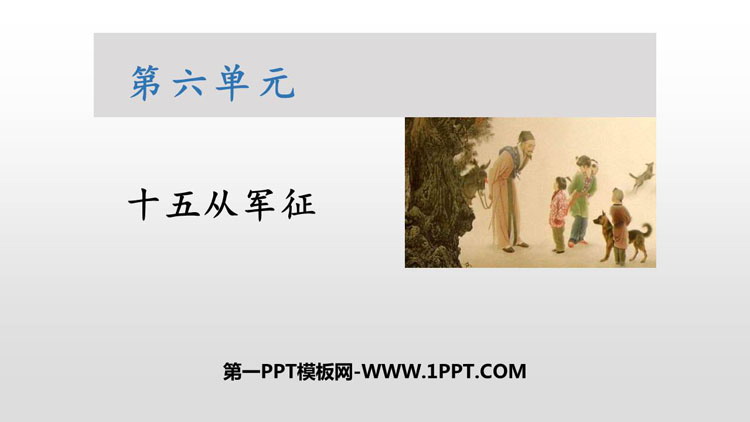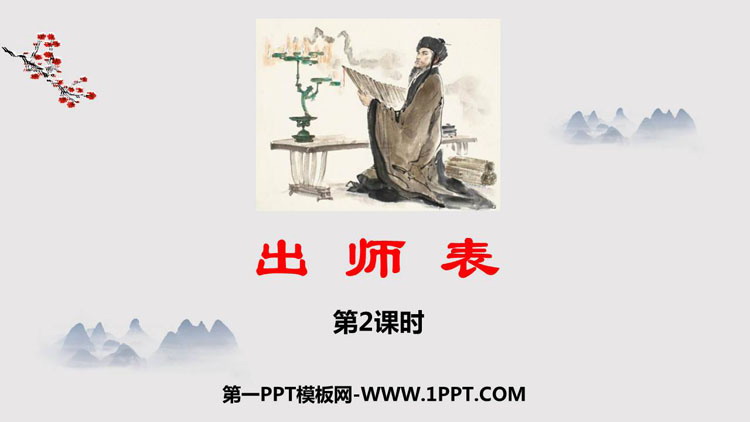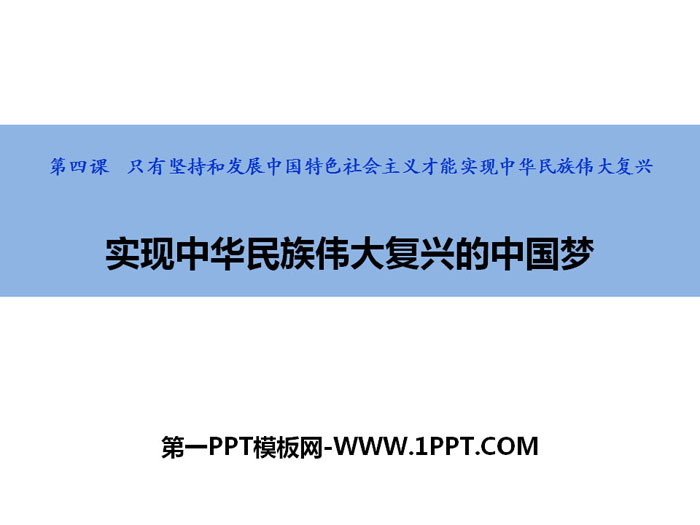英语教案 高一英语Looking good Feeling good教案
高一英语looking good feeling good教案
附加疑问句讲解
一. 与主语相对应的情况
1. 当陈述部分的主语是everybody, everyone, someone, nobody, no one, somebody等合成代词时,附加疑问句中的主语通常用they。如:
somebody phoned while i was out, didn’t they?
everyone enjoyed the party, didn’t they?
nobody wants to go there, does he?
2. 当陈述部分的主语是不定代词everything, nothing, anything, something时,附加疑问句中的主语一般用it,不用they。如:
everything seems all right now, doesn’t it?
nothing is kept in good order, is it?
something must be done to stop pollution, isn’t it?
3. 当陈述部分的主语是指示代词this, that或these, those时,附加疑问句中的主语分别用it和they。如:
this is important, isn’t it?
that isn’t correct, is it?
these are your friends tom and jack, aren’t they?
4. 如果陈述部分是以代词one作主语,附加疑问句中的主语在正式场合用one,非正式场合用you。如:
one can’t be too careful, can one? 或can you?
one should do his duty, shouldn’t he?
5. 如果陈述句子中的主语为动词不定式短语、动名词短语或其他短语时,疑问部分的主语通常用it。如:
learning how to repair motors takes a long time, doesn’t it?
between six and seven will suit you, won’t it?
where to hold the meeting has not been decided, has it?
二. 句法结构
6. 当陈述句为there be结构时,附加疑问句中的主语也用there。如:
there’s no help for it, is there?
there’s something wrong, isn’t there?
7. 感叹句后的附加疑问句的谓语动词需用be的现在时,且常用否定形式。如:
what a clever boy, isn’t he?
what a lovely day, isn’t it?
8. 当陈述部分为主从复合句时,附加疑问部分一般应与主句的主语和谓语动词保持对应关系。如:
she says that i did it, doesn’t she?
i told them not everybody could do it, didn’t i?
但当陈述部分的主语是第一人称(i, we)时,谓语是think, believe, suppose, expect这类动词时,附加疑问部分则往往与从句中的主语和谓语动词保持对应关系,但要注意否定的转移。
i suppose that he’s serious, isn’t he?
i don’t think she cares, does she?
9. 强调句或类似的句型结构的反义疑问句一律和句首的it is/ was 保持一致。
it was last sunday that he went to beijing, wasn’t it?
it is five years since he joined the army, isn’t it?
10. 当陈述部分是并列句,附加疑问句则需和就近的分句的主语和谓语一致。如:
xiao lin has been writing letters all afternoon but he should finish them now, shouldn’t he?
11. 在由“祈使句+附加疑问”构成的附加疑问句中,附加疑问部分一般用will you, won’t you等结构。如:
don’t open the door, will you? 共4页,当前第1页1234
扫描二维码推送至手机访问。
版权声明:本文由第一范文|第一PPT|免费作文|免费PPT课件下载发布,如需转载请注明出处。










